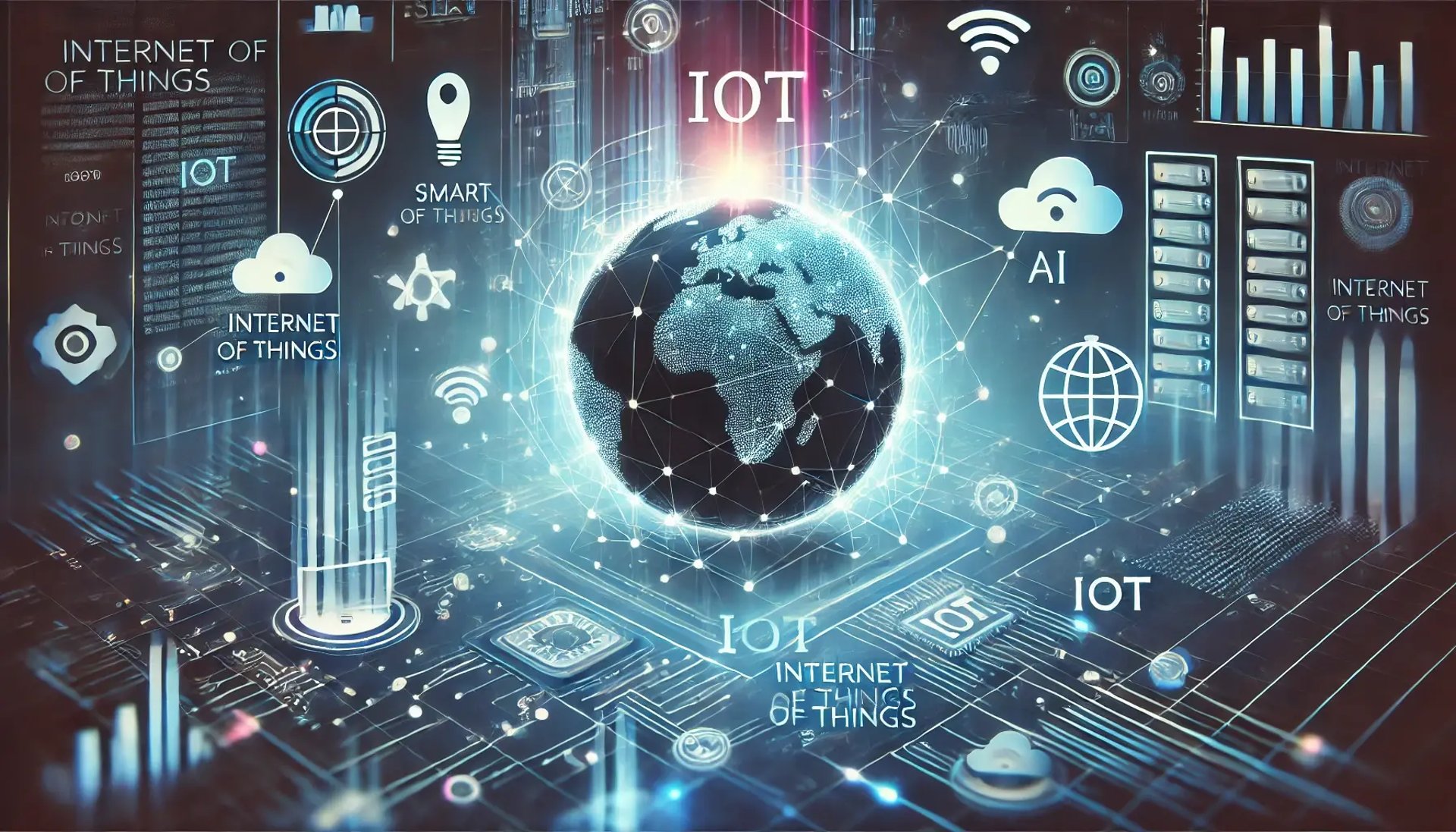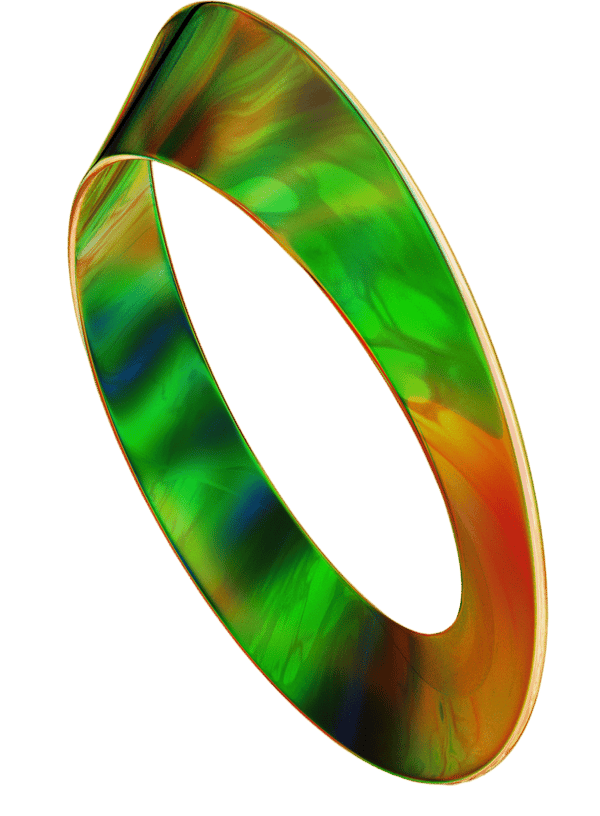The Internet of Things (IoT) and Its Impact on the Future: How Will It Change Our Lives?
In today’s fast-paced digital world, the Internet of Things (IoT) has emerged as one of the most transformative technological innovations. It connects smart devices, allowing them to exchange data and make intelligent decisions without human intervention. But how will this technology impact our daily lives? What are the benefits and challenges of IoT in the future?
Motlba
1/23/2025

The Internet of Things (IoT) and Its Impact on the Future: How Will It Change Our Lives?
Introduction
In today’s fast-paced digital world, the Internet of Things (IoT) has emerged as one of the most transformative technological innovations. It connects smart devices, allowing them to exchange data and make intelligent decisions without human intervention. But how will this technology impact our daily lives? What are the benefits and challenges of IoT in the future?
1. What is the Internet of Things (IoT)?
The Internet of Things (IoT) refers to a network of smart devices that communicate with each other via the internet. These devices range from smartphones and smartwatches to connected cars and industrial sensors in factories and hospitals.
Examples of IoT in Daily Life:
Smart Homes: Devices like Alexa and Google Home control lighting, air conditioning, and security systems.
Smart Cities: Intelligent traffic lights and energy management systems in buildings.
Smart Healthcare: Wearable devices that track heart rate and alert doctors in emergencies.
Industry 4.0: Sensors that monitor performance and optimize productivity in factories.
2. How Does IoT Impact Different Sectors?
📌 Healthcare
Wearable Devices: Smartwatches and fitness trackers that monitor vital signs and send reports to doctors.
Robotic Surgery: AI-powered robotic arms reduce medical errors and improve precision.
📌 Industry and Manufacturing
Predictive Maintenance: Sensors detect machine malfunctions before they happen.
Smart Automation: AI-driven robots handle complex production processes without human intervention.
📌 Smart Agriculture
Automated Irrigation: IoT sensors monitor soil moisture and optimize water usage.
Drones in Farming: Drones survey crops and help maximize yield.
📌 Transportation and Mobility
Self-Driving Cars: Vehicles that reduce accidents and enhance transportation efficiency.
Smart Traffic Lights: AI-based systems that optimize traffic flow and reduce congestion.
3. Challenges Facing IoT
Despite its numerous benefits, IoT faces several challenges, including:
Security and Privacy: With more connected devices, cybersecurity threats like hacking and data breaches increase.
Compatibility and Integration: Many IoT devices operate on different platforms, making seamless integration difficult.
High Costs: Building a strong IoT infrastructure requires significant investment.
4. The Bright Future of IoT
IoT is set to evolve further, becoming an integral part of everyday life. With advancements in Artificial Intelligence (AI) and 5G technology, smart devices will become more efficient and intelligent.
🔹 Smart homes will offer full control via voice commands and mobile apps.
🔹 Digital healthcare will rely more on IoT, enhancing quality of life and increasing life expectancy.
🔹 Smart cities will expand, improving urban living while reducing environmental impact.
Conclusion
The Internet of Things is not just a passing trend—it is the future. IoT will create a smarter world where devices understand and respond to human needs more effectively. However, we must also address security and privacy concerns to ensure this technology is used safely and efficiently.
Do you think IoT will help us build a better future? 🤔 Share your thoughts in the comments! 🚀💡
Contact us
Whether you have a request, a query, or want to work with us, use the form below to get in touch with our team.



